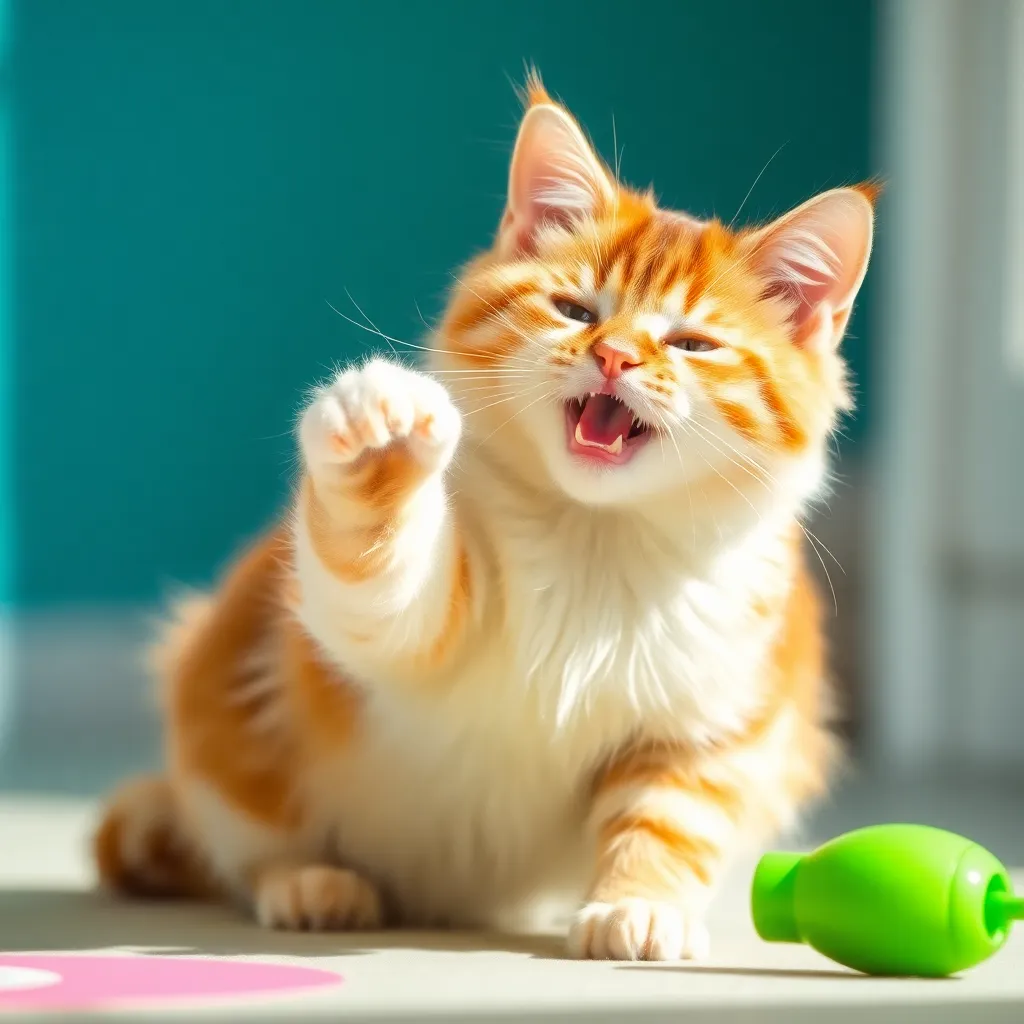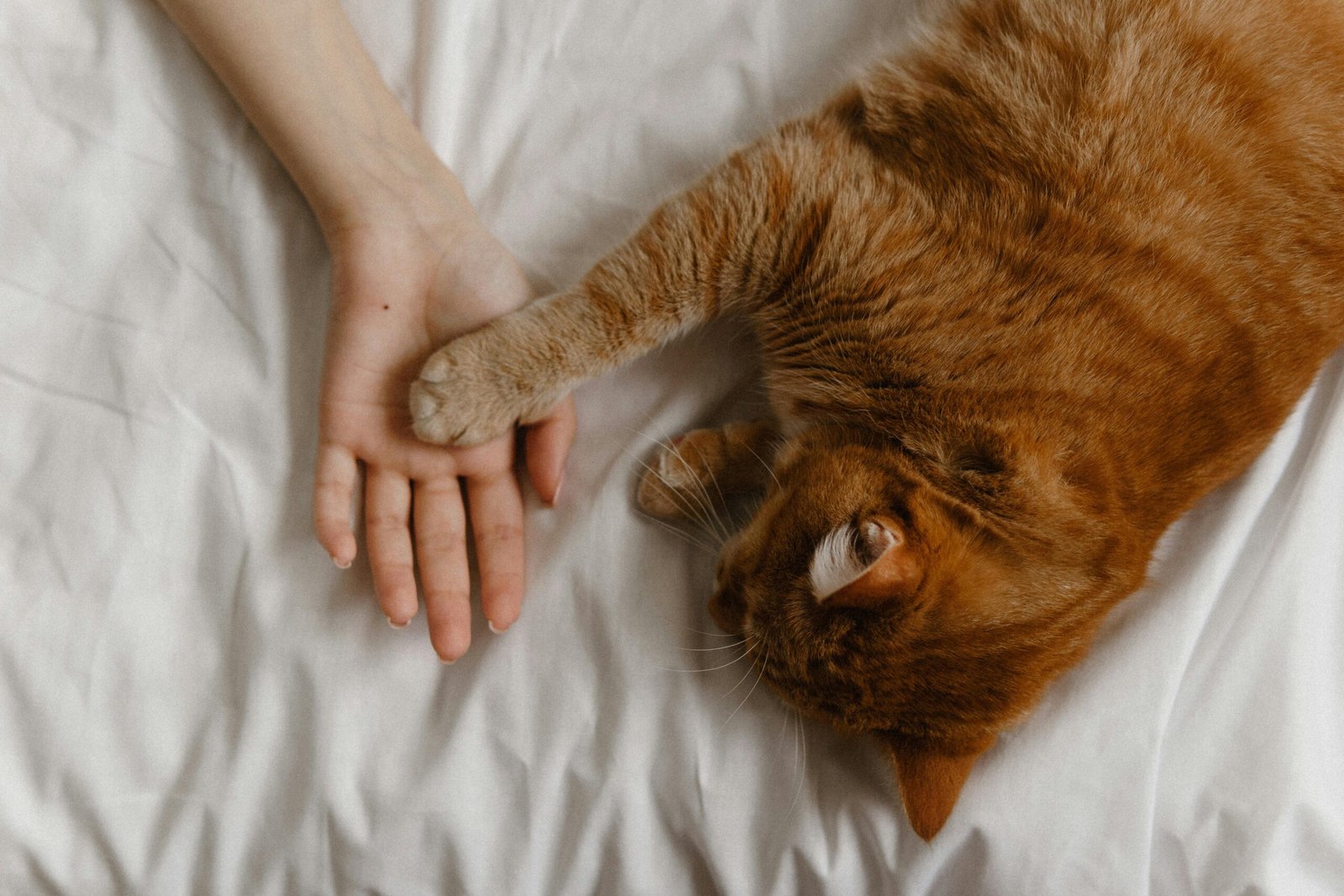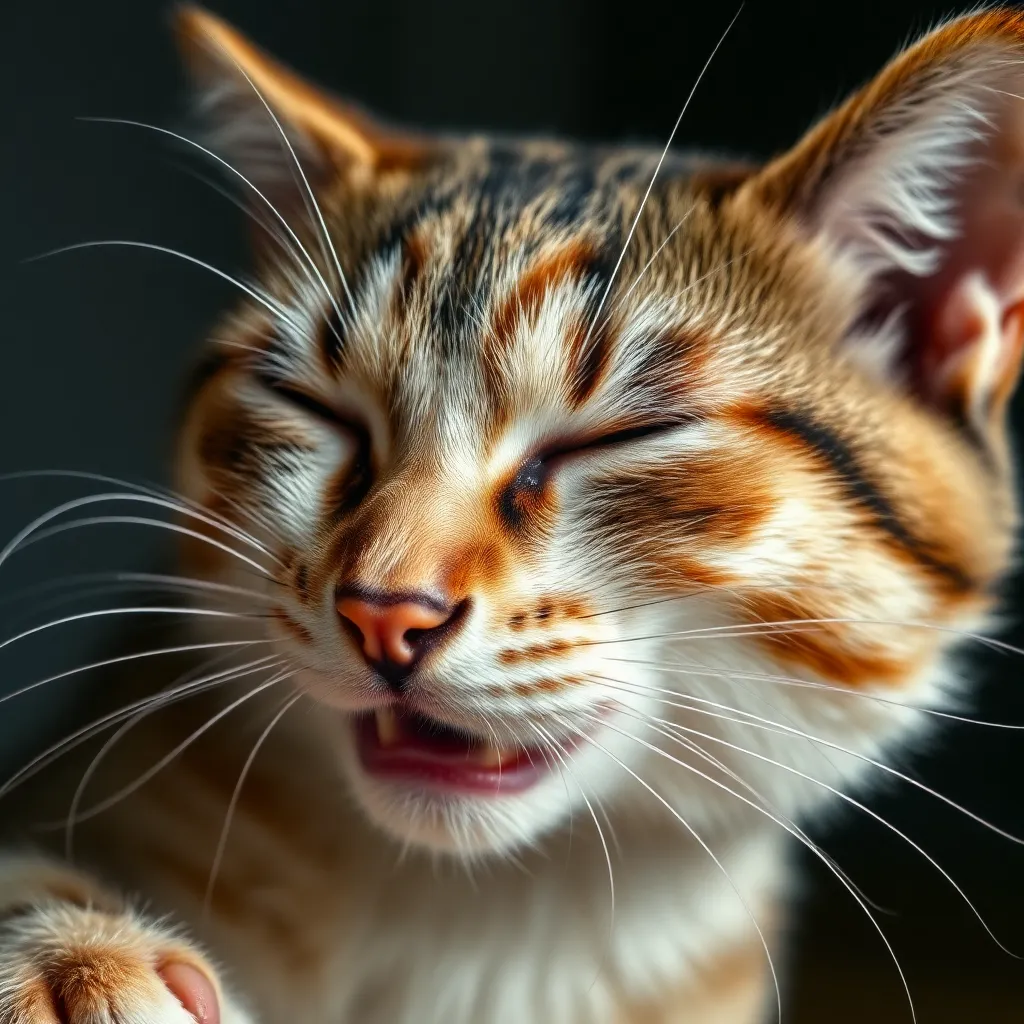Cats, like humans, are susceptible to various illnesses. While vaccinations play a crucial role in preventative care, bolstering your feline friend’s immune system with natural supplements can offer an additional layer of protection. This article explores the benefits of specific herbs known for their immune-supporting properties and how they can help keep your cat healthy and happy.
Keywords: cat immune system, herbal supplements for cats, cat health, immune boosting herbs for cats, natural remedies for cats, preventative cat care, cat wellness, echinacea for cats, goldenseal for cats, astragalus for cats, elderberry for cats, herbal cat supplements, cat supplements, healthy cat, cat immune support.
(Image 1)
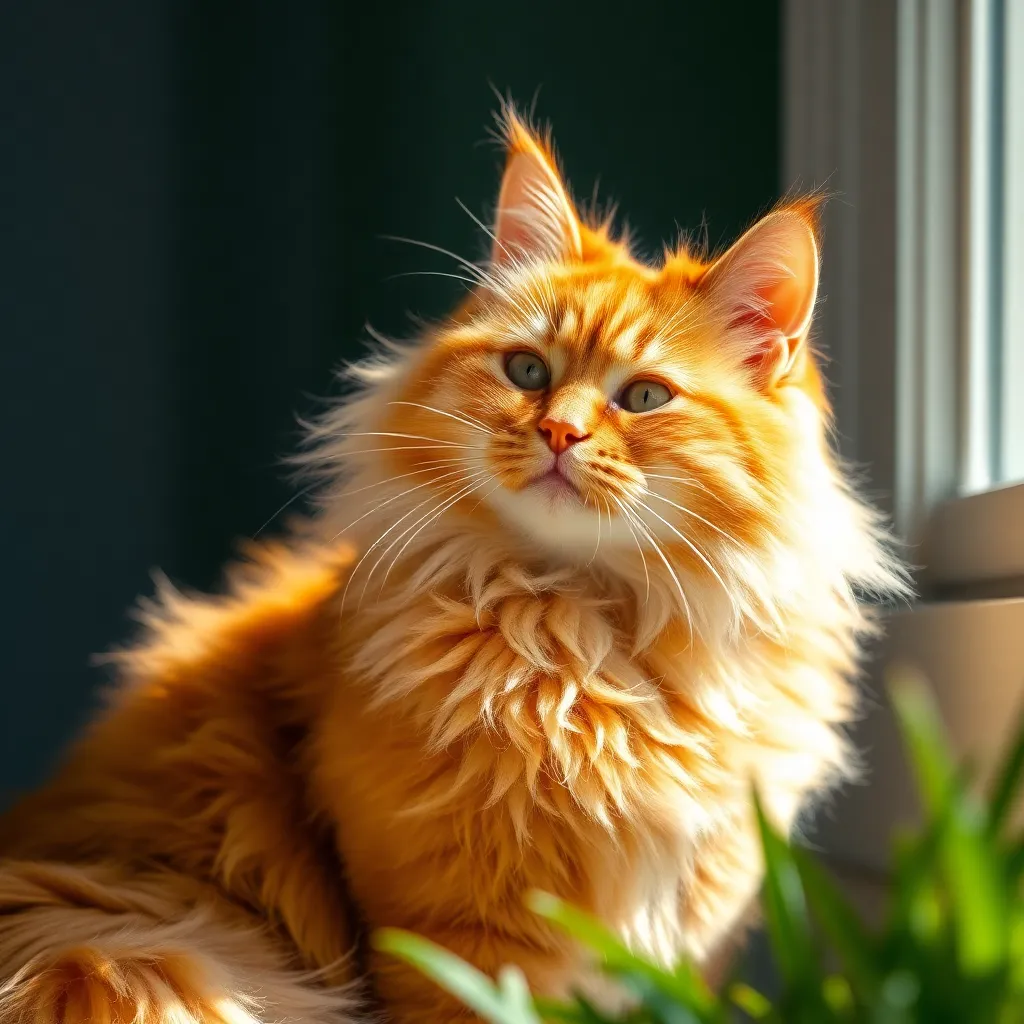
Many common feline illnesses, such as upper respiratory infections (URIs), feline herpesvirus (FHV-1), and feline calicivirus (FCV), can be significantly mitigated with a strong immune system. While these herbs shouldn’t replace veterinary care, they can be a valuable addition to your cat’s overall wellness plan, helping them fight off infections more effectively. Always consult your veterinarian before introducing any new supplements to your cat’s diet, especially if they have pre-existing health conditions.
(Image 2)
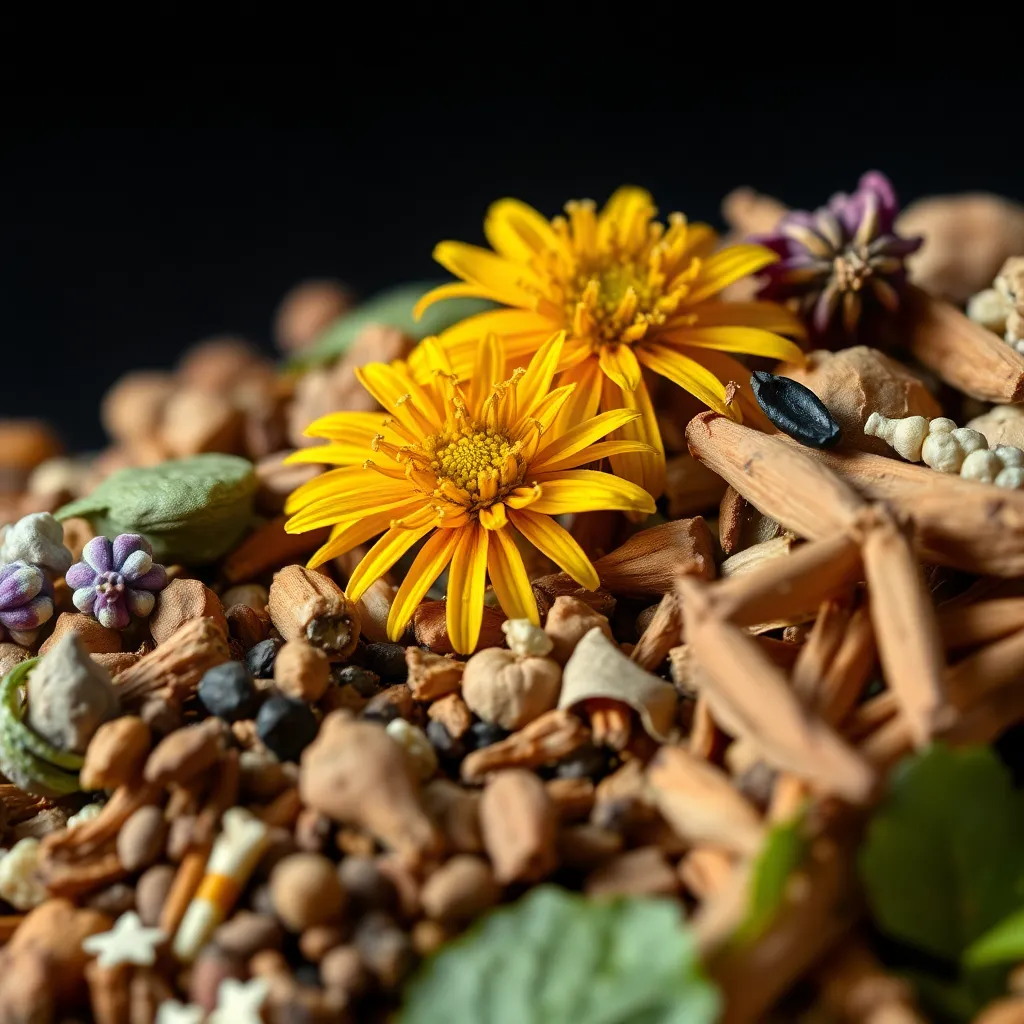
Here are some herbs commonly used to support feline immune systems:
- Echinacea: Known for its immune-stimulating properties, echinacea can help boost the body’s natural defenses against infections. It’s believed to stimulate the production of white blood cells, which are crucial for fighting off pathogens. However, it’s important to use echinacea responsibly and in appropriate doses, as excessive amounts can potentially have adverse effects.
- Goldenseal: This herb possesses potent antimicrobial and anti-inflammatory properties. It’s often used to support the immune system and may help combat bacterial and viral infections. Similar to echinacea, moderation is key when using goldenseal.
- Astragalus: This adaptogen is known for its ability to help the body adapt to stress and improve overall immune function. It can help regulate the immune response and potentially reduce the severity and duration of illnesses.
- Elderberry: Rich in antioxidants, elderberry is believed to support the immune system and may help reduce the symptoms of respiratory infections. It’s often used to combat viral infections.
Important Considerations:
- Dosage: Always follow the recommended dosage instructions on the product label. Incorrect dosages can be ineffective or even harmful.
- Quality: Choose high-quality, reputable brands that use organically grown herbs and are free from harmful additives.
- Veterinary Consultation: Before starting any herbal supplement regimen, consult your veterinarian. They can assess your cat’s health status and determine if herbal supplements are appropriate. Some herbs can interact with medications or pre-existing conditions.
- Introduction: Introduce new supplements gradually to monitor for any adverse reactions. Start with a small amount and observe your cat for any changes in behavior or appetite.
- Observation: Continuously monitor your cat for any unexpected symptoms while using herbal supplements. If you notice any adverse effects, discontinue use and consult your veterinarian immediately.
(Image 4)
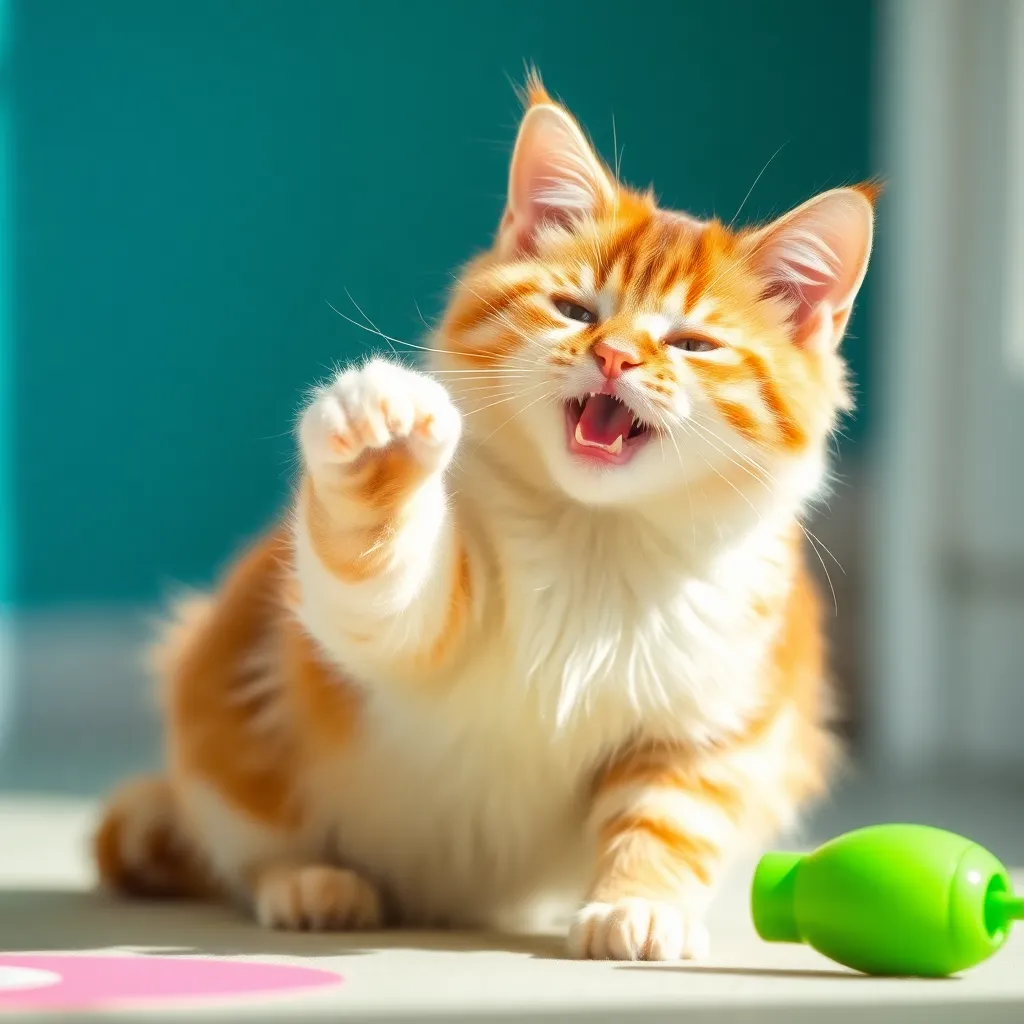
Beyond herbal supplements, a healthy lifestyle plays a crucial role in maintaining a strong immune system. This includes:
- Balanced Diet: Provide your cat with a high-quality, balanced diet that meets their nutritional needs.
- Fresh Water: Ensure your cat always has access to fresh, clean water.
- Regular Exercise: Encourage your cat to play and exercise regularly to maintain a healthy weight and improve overall well-being.
- Stress Reduction: Cats can experience stress, which can negatively impact their immune system. Provide a safe, comfortable, and enriching environment for your cat.
- Regular Veterinary Check-ups: Schedule regular check-ups with your veterinarian for vaccinations and preventative care.
Buy the products shown in this post by visiting this link: https://amzn.to/3Vj3OPx
FAQ:
Q: Are herbal supplements safe for cats?
A: While generally safe when used correctly and under veterinary guidance, some herbs can have adverse effects if misused or if your cat has underlying health conditions. Always consult your veterinarian before introducing any new supplements.
Q: How long does it take to see results from herbal supplements?
A: The time it takes to see results varies depending on the herb, the dosage, and your cat’s individual response. Some cats may experience benefits within a few weeks, while others may take longer.
Q: Can herbal supplements replace vaccinations?
A: No, herbal supplements should not replace vaccinations. Vaccinations are crucial for protecting your cat against serious diseases. Herbal supplements can be considered a complementary approach to support overall immune health.
Q: What should I do if my cat experiences an adverse reaction to an herbal supplement?
A: Immediately discontinue use of the supplement and contact your veterinarian. Describe the symptoms your cat is experiencing and follow your veterinarian’s instructions.
Q: Where can I find high-quality herbal supplements for cats?
A: Look for reputable brands that use organically grown herbs and are free from harmful additives. Your veterinarian may also be able to recommend specific brands or products. Always check reviews and ratings before purchasing.
Share this content:

